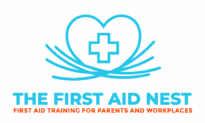How Can I Tell If My Baby Has Breathing Problems
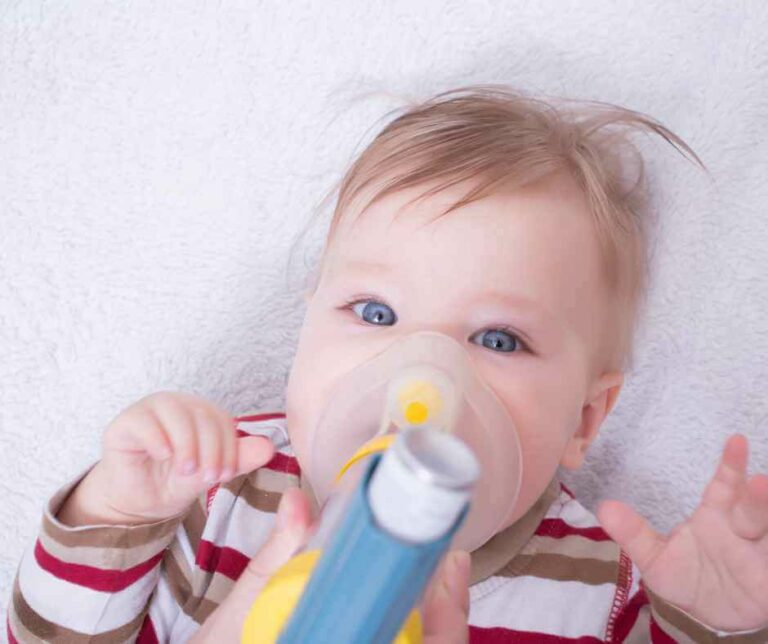
It’s a common fear of all new parents: My baby isn’t breathing properly?
While most babies remain healthy most of the time, it is still important for parents to be aware of the signs of respiratory problems in infants.
Thankfully, there are some key indicators that can alert you to potential issues your baby may be having. In this blog post, we will explore how to tell if your baby has breathing problems and what warning signs you should look out for.
How can I tell if my baby has a breathing problem?
If your baby is having difficulty breathing, it is important to seek medical attention immediately. There are a number of signs that may indicate that your baby is having trouble breathing, including:
- A blue tint to the skin
- Labored or rapid breathing
- Retracting of the chest wall
- Flaring of the nostrils
- Grunting with each breath
If you notice any of these signs, please do not hesitate to bring your baby to the nearest emergency department or call emergency services.
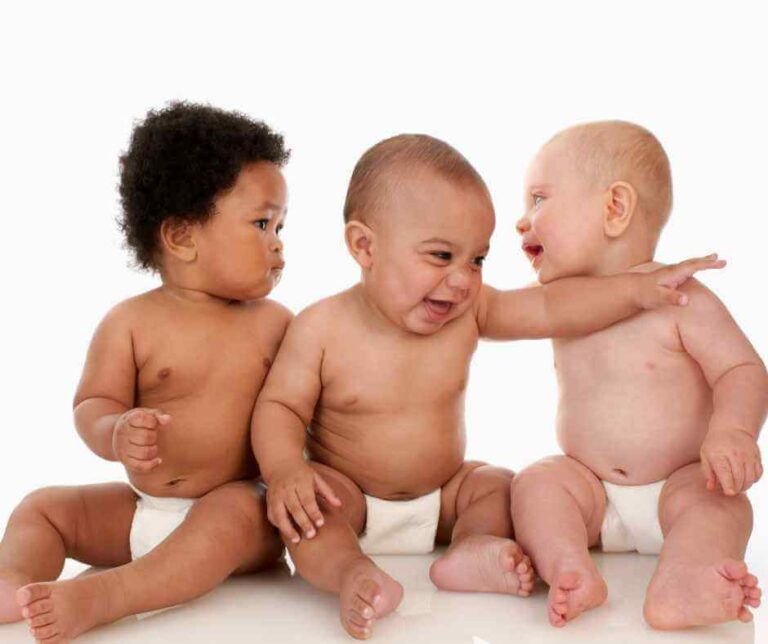
Are breathing problems normal in newborns?
When it comes to newborns, breathing problems are actually quite common. In fact, up to 25% of all babies experience some sort of respiratory distress in the first few days of life.
The good news is that most of these problems are relatively minor and resolve independently within a few days. However, some babies do experience more serious breathing difficulties that require medical attention.
So how can you tell if your baby has breathing problems? Here are a few signs to look out for:
- Rapid or shallow breathing
- Grunting or wheezing with each breath
- Flaring of the nostrils
- Blueness around the lips or fingernails
- Difficulty feeding or poor intake of milk
- Excessive sleepiness or fatigue
If you notice any of these signs, it’s important to contact your doctor right away. While most breathing problems in newborns are benign, some can be life-threatening. Therefore, it’s always better to err on the side of caution and get your baby checked out by a medical professional.
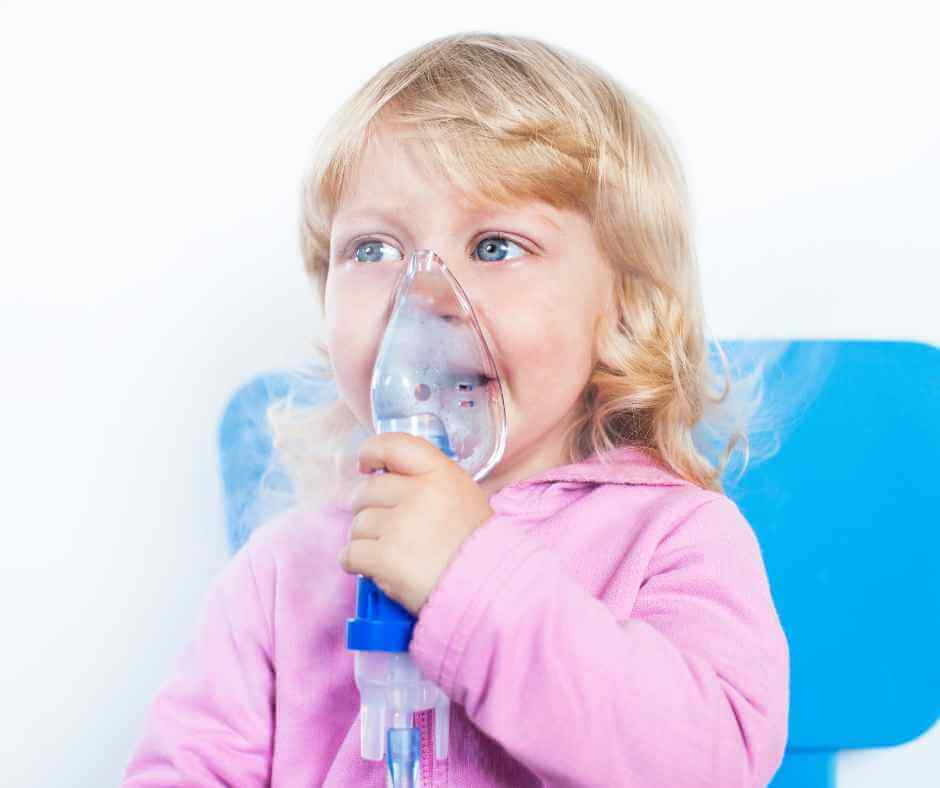
Can silent reflux cause breathing problems in babies?
There are many potential causes of breathing difficulties in babies, and silent reflux is one of them.
If you’re wondering whether your baby has a breathing problem, look for signs such as noisy or laboured breathing, difficulty feeding, or tiredness. If you’re concerned that your own breathing may be affecting your baby, talk to your doctor.
While some breathing problems are normal in newborns, others can be more serious. If your baby has difficulty breathing, it’s important to seek medical help right away.
Is baby breathing out a noise
There are a few different ways to tell if your baby is having difficulty breathing. One way is to listen for any noise when they breathe out.
Wheezing or whistling sounds may indicate that your baby is struggling to get air back out through their airway. Another way to tell if your baby is having trouble breathing is by observing their chest. If their chest appears to be working harder than normal or the muscles between their ribs seem to be pulling in with each breath, this could be a sign of respiratory distress.
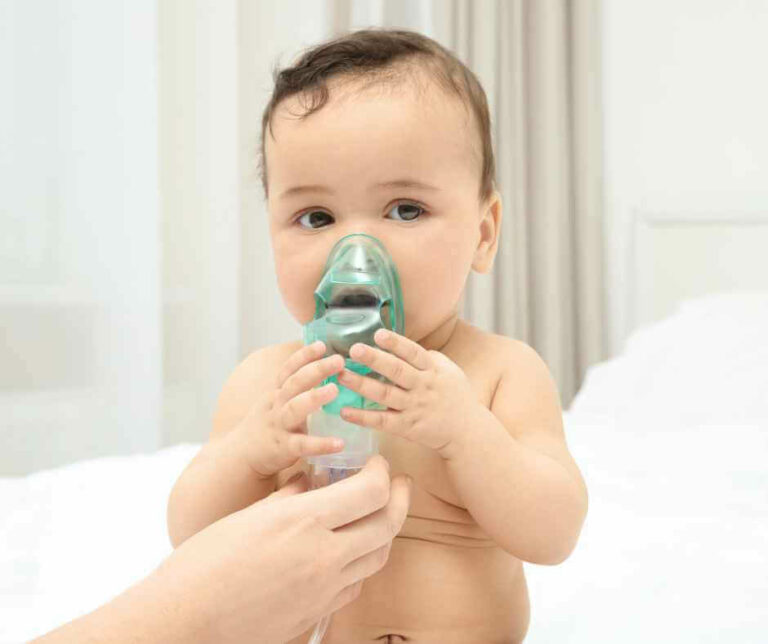
Can reflux cause breathing problems in babies?
Breathing problems are a common symptom of gastroesophageal reflux disease (GERD) in babies.
When the stomach contents reflux back up into the esophagus, it can irritate the vocal cords and cause coughing and wheezing. If your baby is having difficulty breathing, it is important to see a doctor as they might want to rule this out. It can also be quite painful so your child may seem irritable.
Can babies have breathing problems?
When it comes to babies and breathing, there are a few things you should look out for.
For example, if your baby is struggling to breathe, or if their breaths are unusually fast or slow, this could be a sign of a problem.
Additionally, if your baby is making grunting noises when they breathe, or if their chest appears to be retracting with each breath, these are also signs that something may be wrong. If you notice any of these signs, it’s important to bring them to the attention of your child’s doctor right away.
Flaring of the nostrils can also be a sign of respiratory distress.
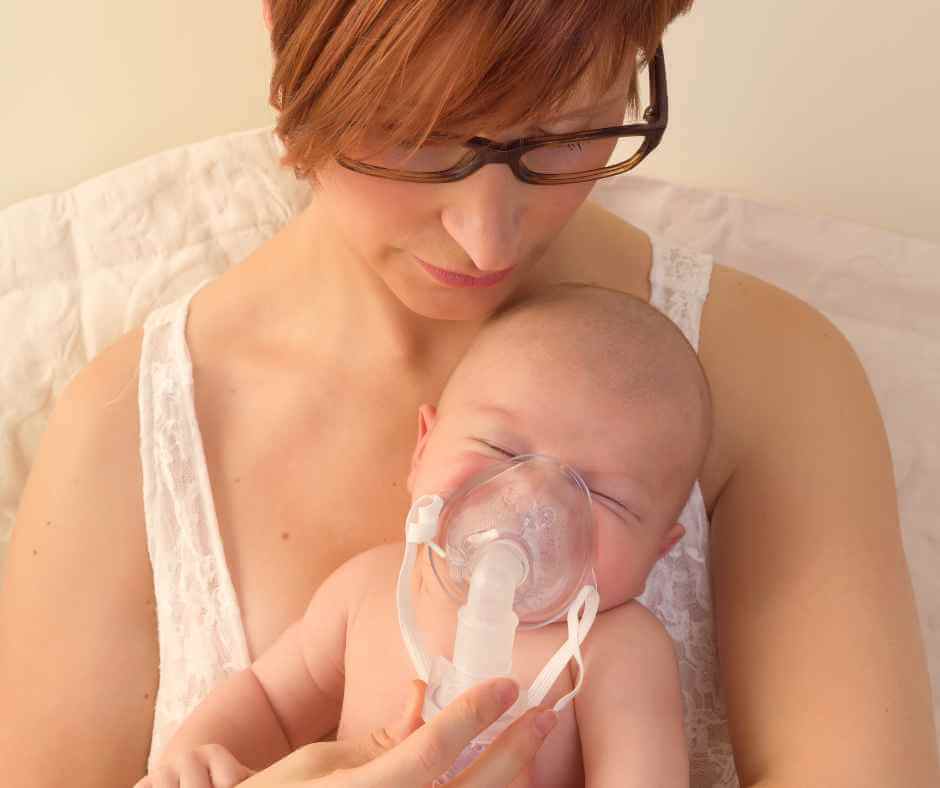
Is breathing problems normal in newborns?
Breathing problems are fairly common in newborns. In fact, about 1 in 10 babies have some type of breathing problem at birth. However, most of these problems are minor and resolve on their own within a few days or weeks.
More serious breathing problems, such as those that require medical intervention, are less common. But they can occur, and it’s important to be aware of the signs and symptoms so you can get your baby the help they need.
Some common signs and symptoms of breathing problems in newborns include:
- Rapid or irregular breathing
- Grunting or wheezing with each breath
- Flaring of the nostrils
- Retractions (when the skin between the ribs or around the neck sinks in with each breath)
- Cyanosis (a bluish tint to the skin)
If you notice any of these signs or symptoms, it’s important to call emergency services. They can determine if your baby has a more serious problem and needs treatment.
It is important to note that newborns do tend to make some funny noises, espcially when they are asleep, and this is normal.
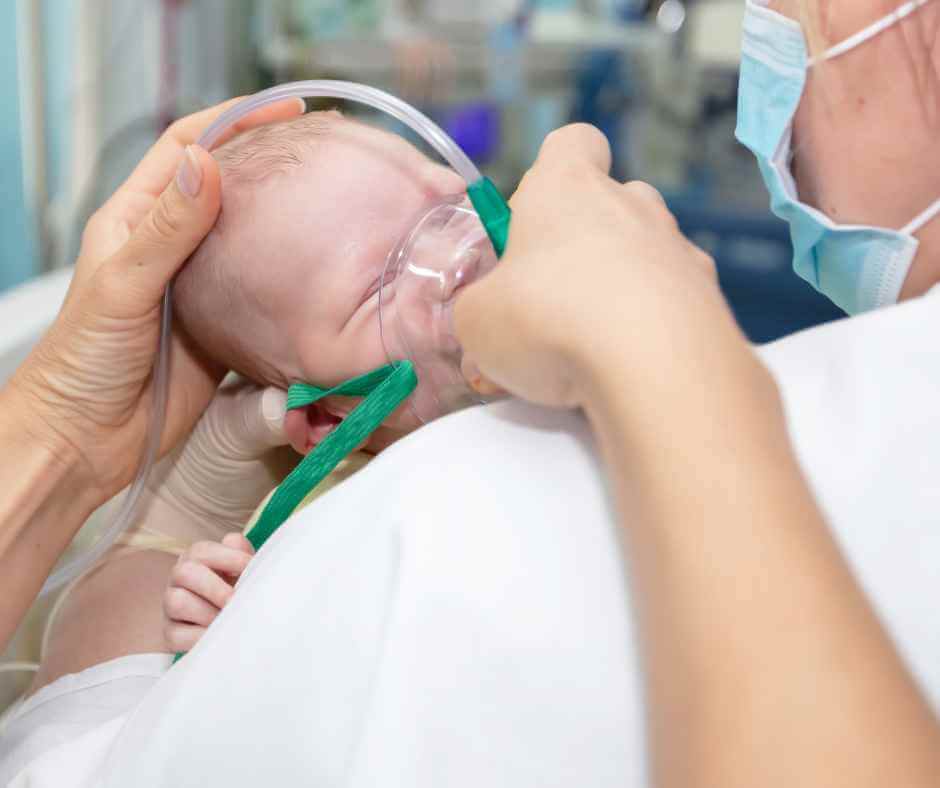
What causes breathing difficulties in babies?
Breathing difficulties in babies can be caused by a number of things, including:
- A blockage in the airway, such as from mucus, vomit or a foreign body
- An obstruction in the nose, such as from a foreign object or deformity
- Swallowing problems, which can cause food and drink to enter the lungs
- Weak or undeveloped muscles in the chest wall, which can make it difficult for the baby to expand their lungs fully
- A birth defect of the respiratory system, such as a hole in the diaphragm or incomplete development of the lungs
Why do babies have breathing problems?
Breathing problems in babies can be caused by a number of things, including colds, allergies, and respiratory infections.
Some babies are born with congenital abnormalities that can cause breathing difficulties, such as a cleft palate or a blockage in the nose or throat. Premature babies are also at increased risk for breathing problems because their lungs are not fully developed.
Breathing difficulties can also be caused by environmental factors, such as smoke exposure or air pollution.
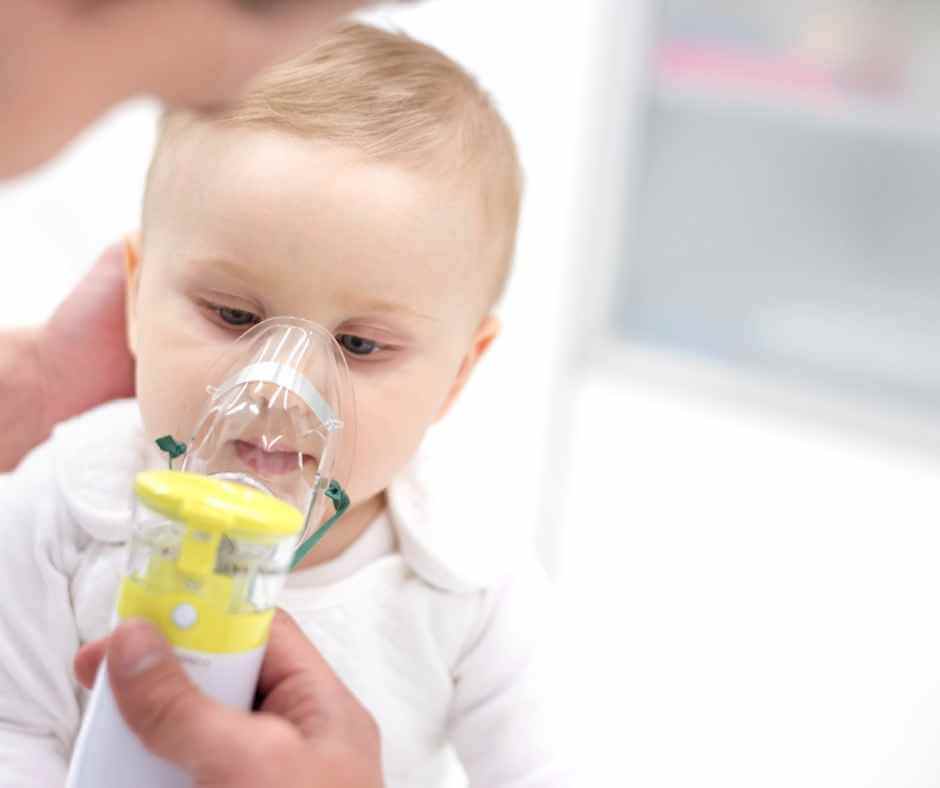
How to treat breathing problems in babies
If you think your baby has a breathing problem, the first step is to see your pediatrician. Many types of breathing problems can be treated effectively.
There are many different types of breathing problems that can affect babies. Some common problems include:
- Congenital central hypoventilation syndrome (CCHS): A rare disorder that affects the autonomic nervous system, which controls automatic body functions like heart rate and blood pressure. People with CCHS don’t breathe as deeply or regularly as they should and may need help with ventilation.
- Bronchopulmonary dysplasia (BPD): A chronic lung condition that often affects premature infants who have had respiratory distress syndrome (RDS). Babies with BPD have underdeveloped lungs and may need supplemental oxygen and/or medication to help them breathe.
- Cystic fibrosis (CF): An inherited disease that causes the body to produce abnormally thick mucus. The mucus buildup can lead to lung infections and difficulty breathing. People with CF typically require lifelong treatment, including daily medications and respiratory therapy.
- Asthma: A chronic inflammatory disorder of the airways that can cause wheezing, coughing, and shortness of breath. Asthma can be triggered by environmental factors such as pollen, mould, dust mites, smoke, or strong odours.
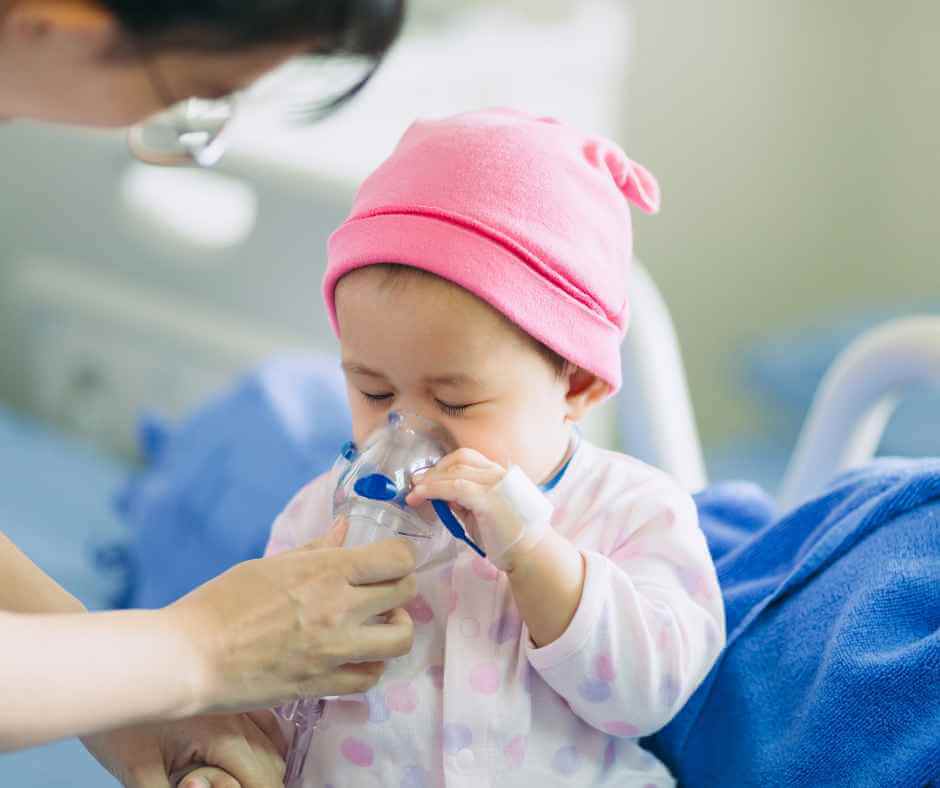
When do I see a Dr if my baby has trouble breathing?
Some causes of difficulty breathing in infants include pneumonia, bronchiolitis, and croup. If your child is displaying any other signs or symptoms along with difficulty breathing, be sure to mention this to the doctor as well.
Other symptoms of breathing problems in babies
There are many potential symptoms of breathing problems in babies. Some common symptoms include:
- noisy or labored breathing
- rapid breathing
- difficulty feeding
- poor color (pale, gray, or blue)
- sweating
- increased heart rate
- increased work of breathing (using abdominal muscles, flaring nostrils, etc.)
If your baby is exhibiting any of these symptoms, it is important to seek medical attention immediately as they could be signs of a serious condition
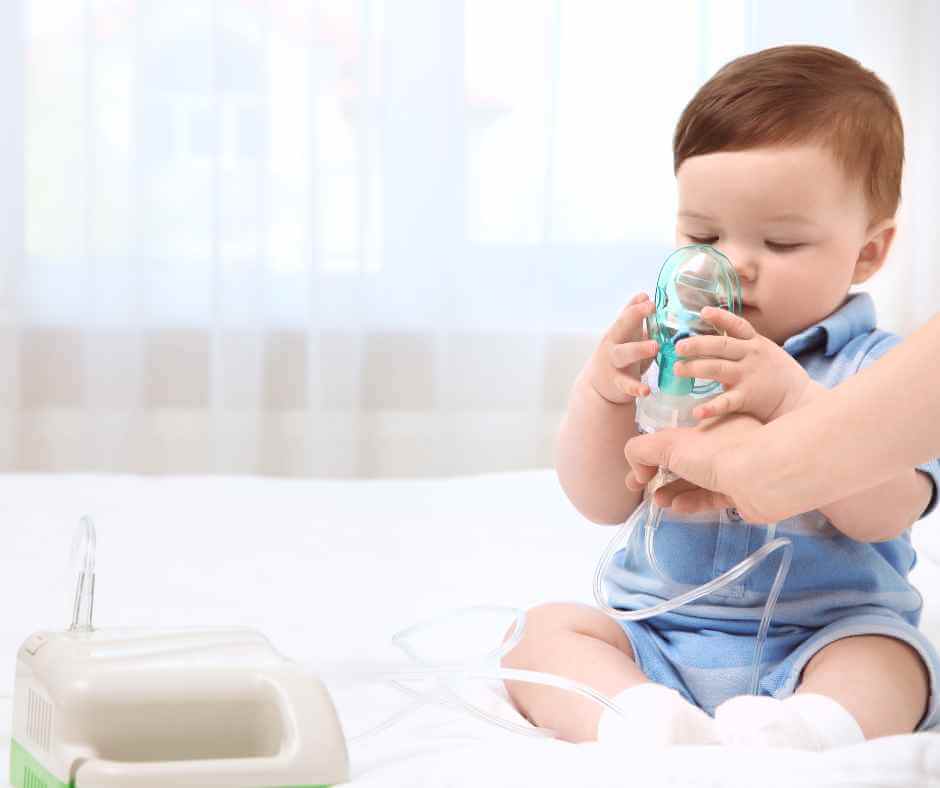
Does my baby have asthma?
If your baby has difficulty breathing, it is unlikely to be a sign of asthma, as many doctors are reluctant to diagnose asthma undr the age of 2 years, as most babies and toddlers have numerous respiratory illnesses and infections but are not in fact asthmatic. If your child is slightly older, look for other symptoms such as wheezing, coughing, or shortness of breath, as these can be signs of asthma.
What’s a tracheal tug in a baby?
A tracheal tug is when you see the skin between the baby’s ribs pulling in with each breath. This can be a sign that the baby is having difficulty breathing and may need medical attention.
What’s RSV in babies?
When a baby has RSV, it means they have a respiratory syncytial virus. This virus is common and usually causes mild, cold-like symptoms. However, in some babies, it can lead to more serious illnesses, including pneumonia and bronchiolitis.
Signs and symptoms of RSV in babies may include:
- Runny nose
- Coughing
- Wheezing or difficulty breathing
- Rapid breathing
If your baby has any of these symptoms, take them to your GP staright away.
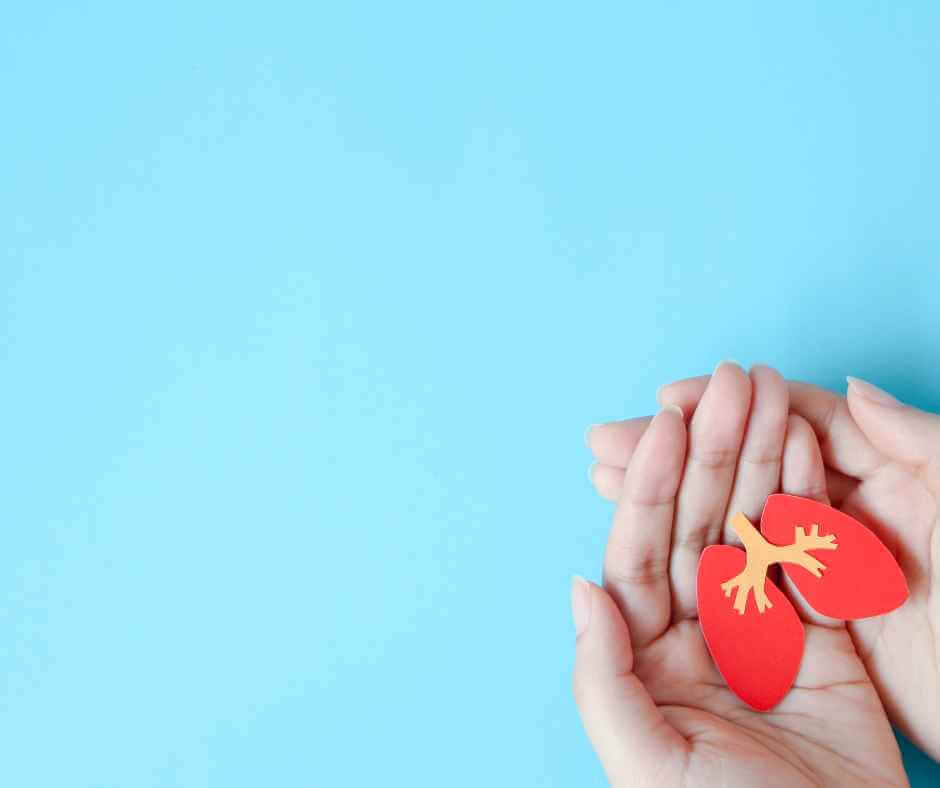
First aid for breathing problems in my baby
If your baby has breathing problems, the first thing you should do is call emergency services. If you are not sure whether or not your baby has breathing problems, look for signs of distress, such as:
- struggling to breathe
- gasping for breath
- rapid breathing
- blue lips or skin
If you see any of these signs, call emergency services immediately
Bronchiolitis in babies
When a baby has bronchiolitis, the small airways in their lungs become inflamed and fill with mucus. This can make it hard for them to breathe and they may develop a wheeze. Bronchiolitis is a common respiratory infection that usually affects babies under 6 months old.
Signs and symptoms of bronchiolitis in babies include:
- Coughing
- Wheezing
- Fast breathing
- Shortness of breath
- Fatigue or tiredness
- Loss of appetite or poor feeding
- Fever
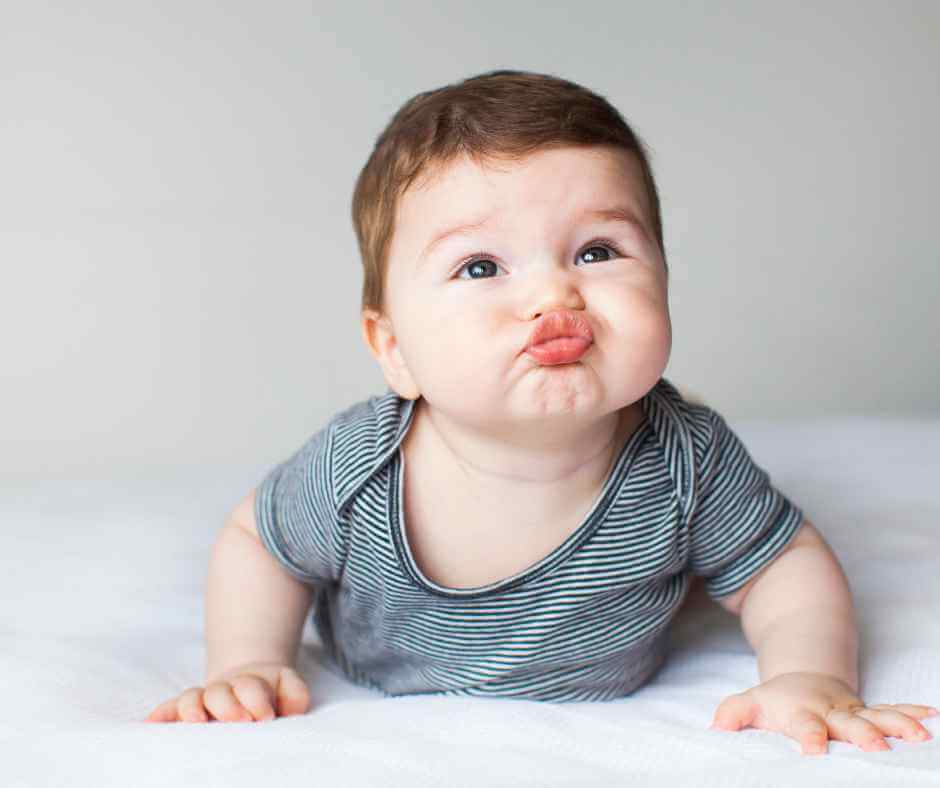
Bronchiolitis in babies’ recovery time
If your baby has bronchiolitis, the most important thing is to make sure they get plenty of rest and fluids. Most babies will start to feel better after a few days, but it can take up to 2 weeks for them to fully recover.
In the meantime, there are a few things you can do to help ease your baby’s symptoms:
- Keep them upright as much as possible. This will help them breathe more easily.
- Use a humidifier in their room to keep the air moist. This will also help with their breathing.
- Give them small sips of water or breast milk often throughout the day. This will help prevent dehydration.
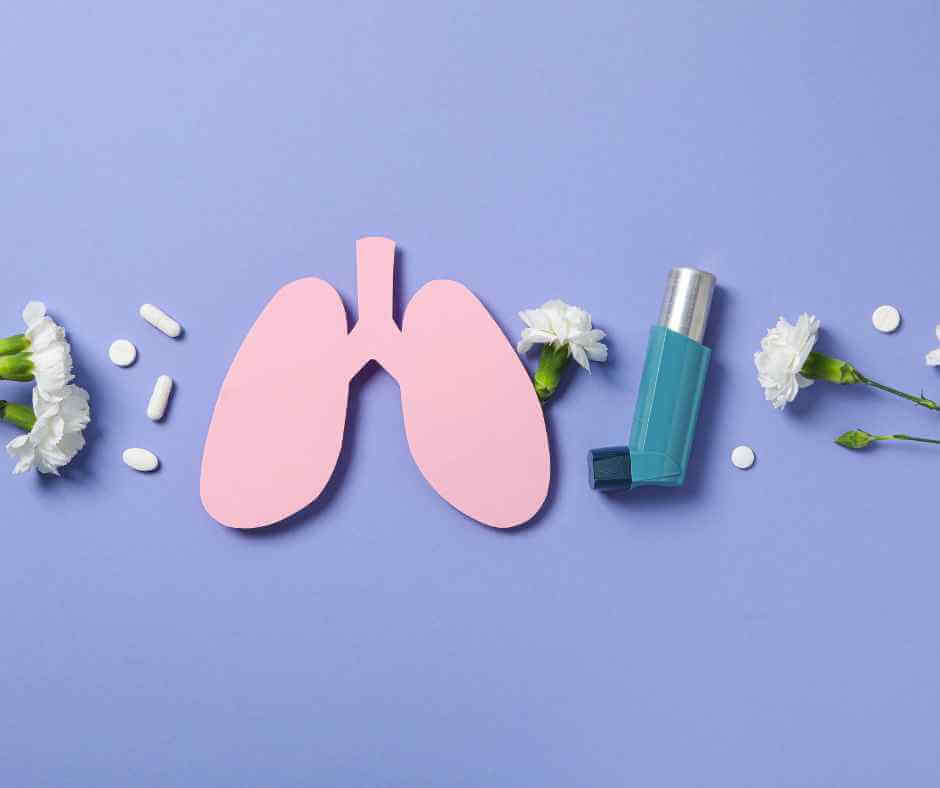
When to take a baby with RSV to the hospital
If your baby is less than three months old, or if they have a weakened immune system, they may need to be hospitalized if they develop RSV. Severe symptoms of RSV in babies include:
- Fast or difficulty breathing
- Grunting with each breath
- nostrils flaring when breathing
- Working hard to breathe (neck muscles and ribs may retract)
- Cyanosis (a bluish tint to the skin)
- Low energy and lethargy
- Fever
If your baby has any of these more severe symptoms, call an ambulance immediately.
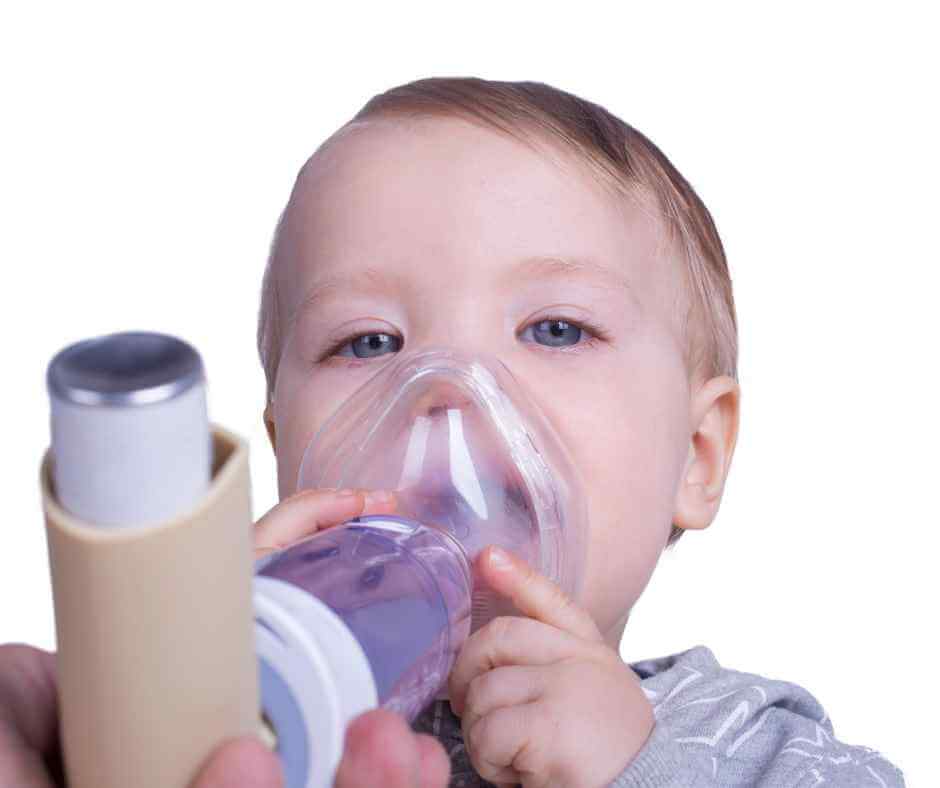
Baby First aid course
Our classes focus on many child-related emergencies, including head injuries amongst other life-threatening situations and childhood curve balls like poisoning, fevers and seizures, we also talk all about introducing common allergy foods and recognising an allergic reaction in very young children.
Want more? We’ve got you covered…
Our Baby First Aid Courses
Our baby first aid courses are available in person in your home and online. We run classes in your home with groups of 2, 4 or up to 10 in Sydney & Melbourne and you can book in 3 easy steps!
- Pick your class
- Follow the prompts to purchase
- We will contact you within 24 hours to lock in your date of choice
Our First Aid Certificate Courses
We run most of the popular first aid courses Australia wide. HLTAID011 Provide First Aid, HLTAID009 Provide CPR, HLTAID012 Provide First Aid in an Education & Care Setting, RAMOAP (anaphylaxis), Mental Health first aid and CPR/LVR to name a few.
Book your public spot online or contact us if you have a group of 5+ people for onsite training.
Here are some other resources you may enjoy!
FREE GUIDE: Your Virtual Baby First Aid Kit
FREE GUIDE: Introducing Common Allergy Foods & Allergic Reactions
FREE Workplace Emergency Preparedness Plan: Grab this at the bottom of every page!
Follow for baby & child first aid and allergy info and tips on Instagram & TikTok, all @thenestcpr
